One who acts is considered an "actor," just as someone who practices law is considered a "lawyer."
In the gender neutral or plural wherein you have actors of multiple genders, the word actor does not change: it remains as "actor." Therefore, it stands to think that, regardless of gender, one who acts as a profession considers themselves an "actor."
Cate Blanchett recently made it clear that she would like to be referred to as such, rather than as an "actress."
As jury president of this year's Venice Film Festival, Blanchett was asked to comment on the Berlin Film Festival's decision to give "gender-neutral awards," ie, to conflate "best lead actor" and "best lead actress" into one category regardless of gender.
Blanchett voiced her thoughts about the use of the two words in the first place.
"Not as a political statement, but I've always referred to myself as an actor. I don't think we have a very gender specific language and I'm of a generation where the word 'actress' was used always in a pejorative sense. So I think I claim the other space."
However, not everybody is in favor of disposing of the binary so easily.
Unlike many other languages, English is actually not gendered in construction.
Languages like Spanish include articles that determine the gender of a noun and the conjugation of the following sentence: ie, "El lapiz" (the pencil-"el" is a male article) then determines the gender of the adjectives following "El lapiz es largo" (the pencil is long). Whereas a feminine noun will also change the descriptor: "La pluma es larga" (the pen is long).
If English very rarely uses gendered language, why include gender in descriptors?
The question of whether English's version of gendered descriptors is sexist and pejorative is a valid and open one, but until that gets answered, Cate Blanchett shall be called an actor.

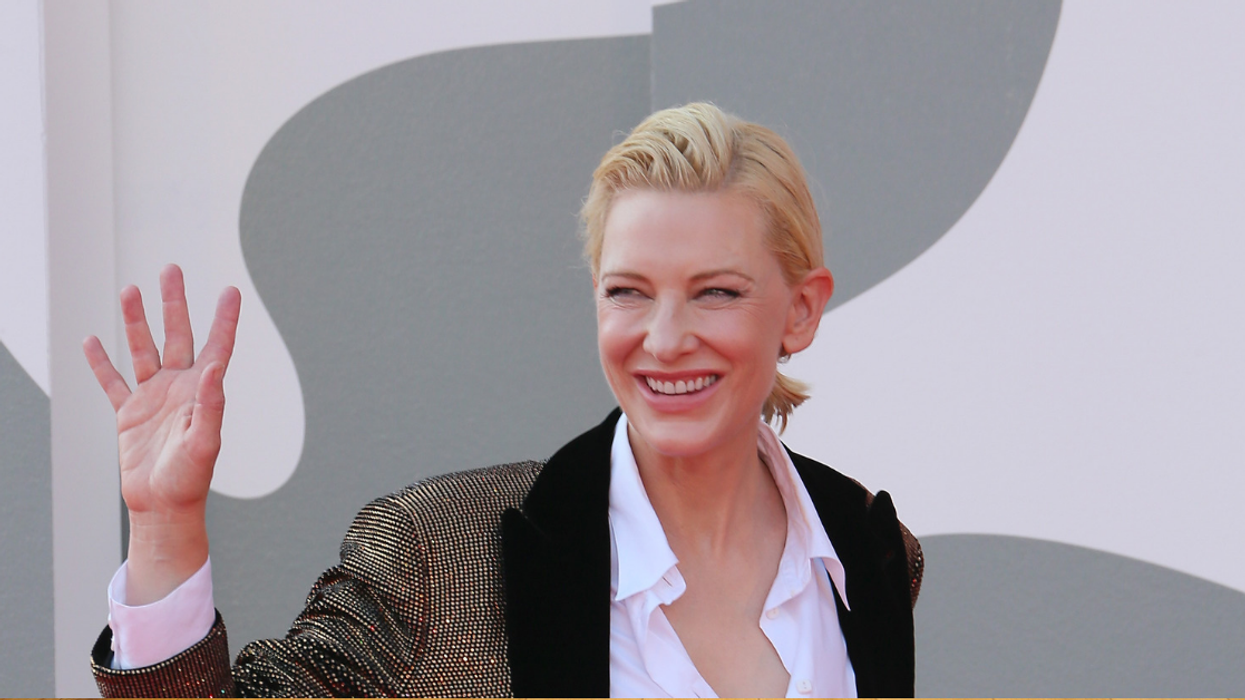

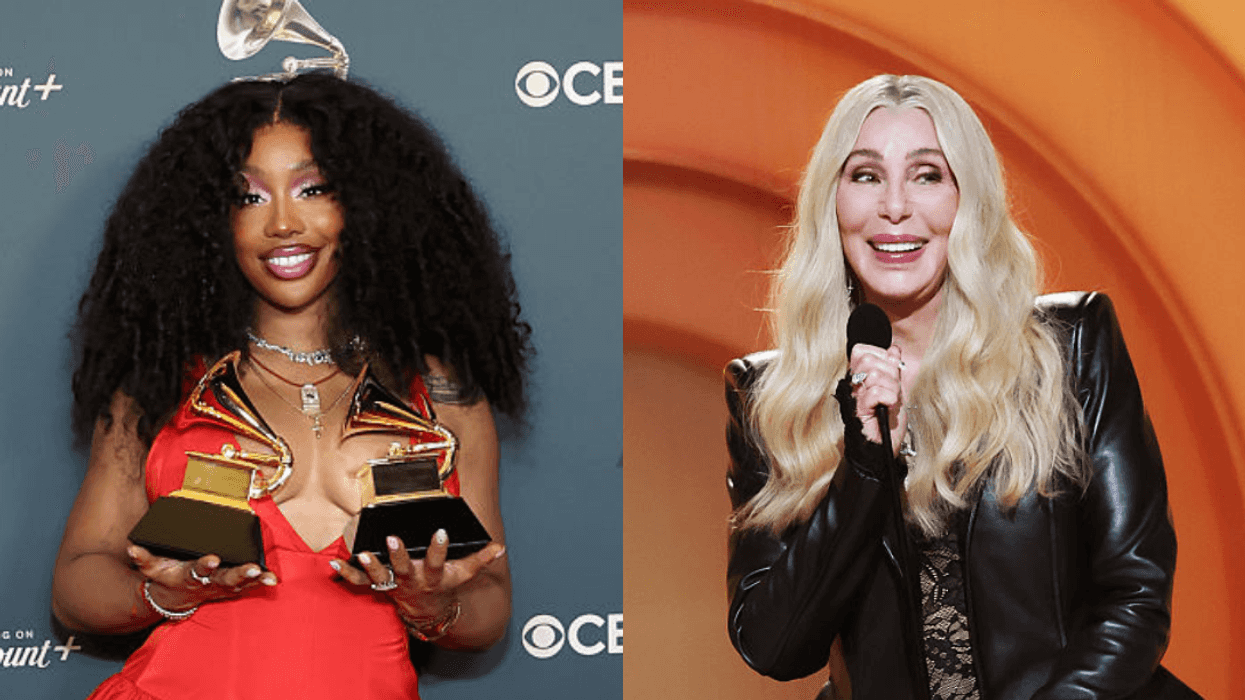
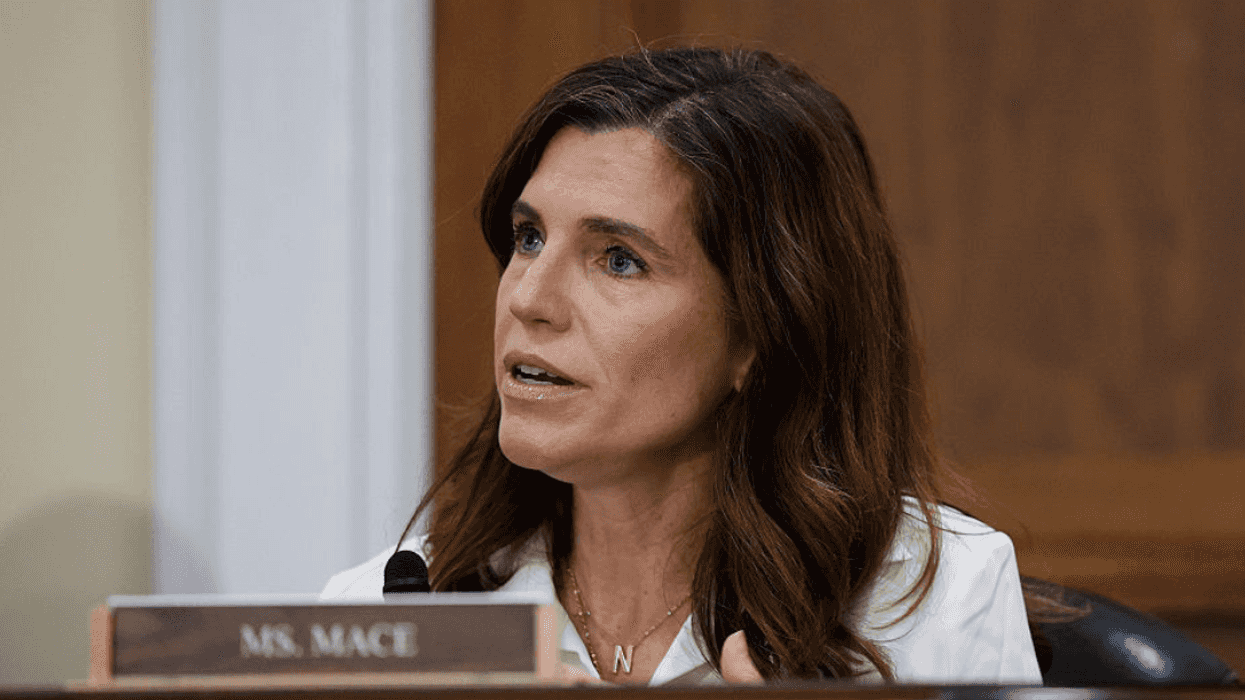



 @realDonaldTrump/Truth Social
@realDonaldTrump/Truth Social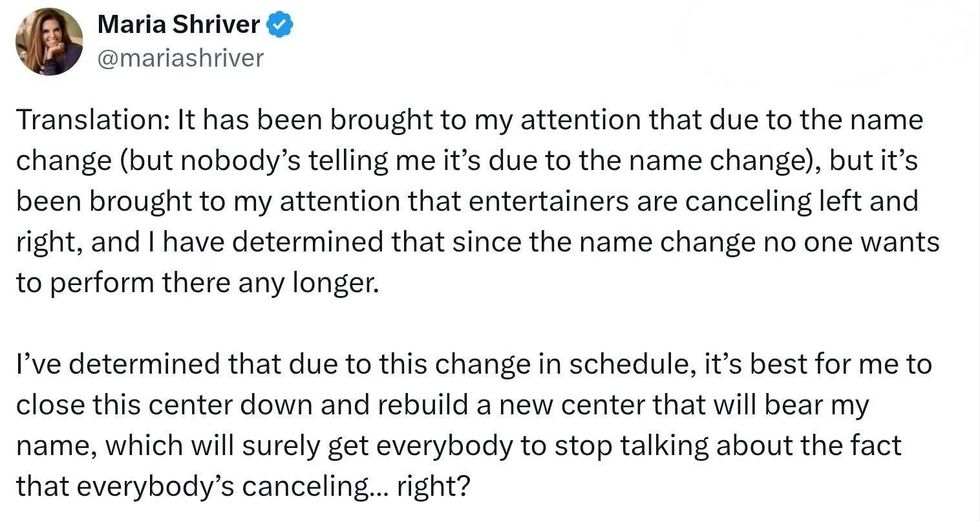
 @pamspaulding/Bluesky
@pamspaulding/Bluesky @bravern1/Threads
@bravern1/Threads @WeinsteinLaw/X
@WeinsteinLaw/X
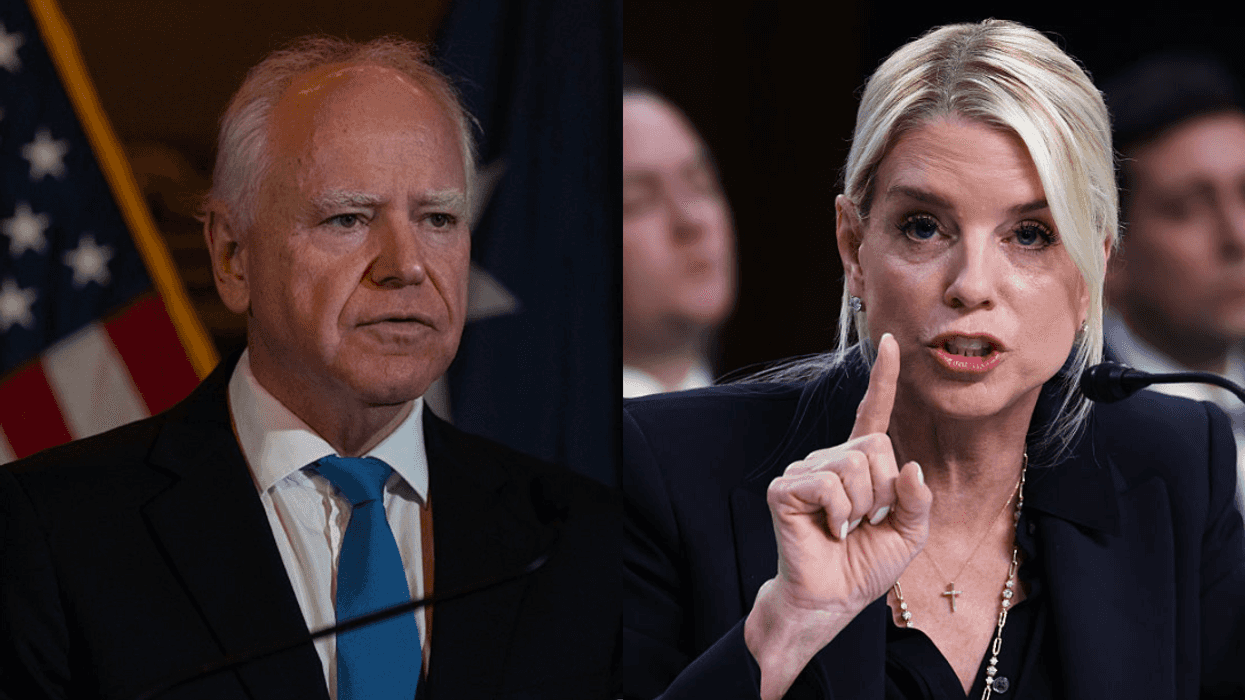




 @realDonaldTrump/Truth Social
@realDonaldTrump/Truth Social @GovPressOffice/X
@GovPressOffice/X Amber Punch Brown/Facebook
Amber Punch Brown/Facebook David Schwegman/Facebook
David Schwegman/Facebook Alison McKay Campbell/Facebook
Alison McKay Campbell/Facebook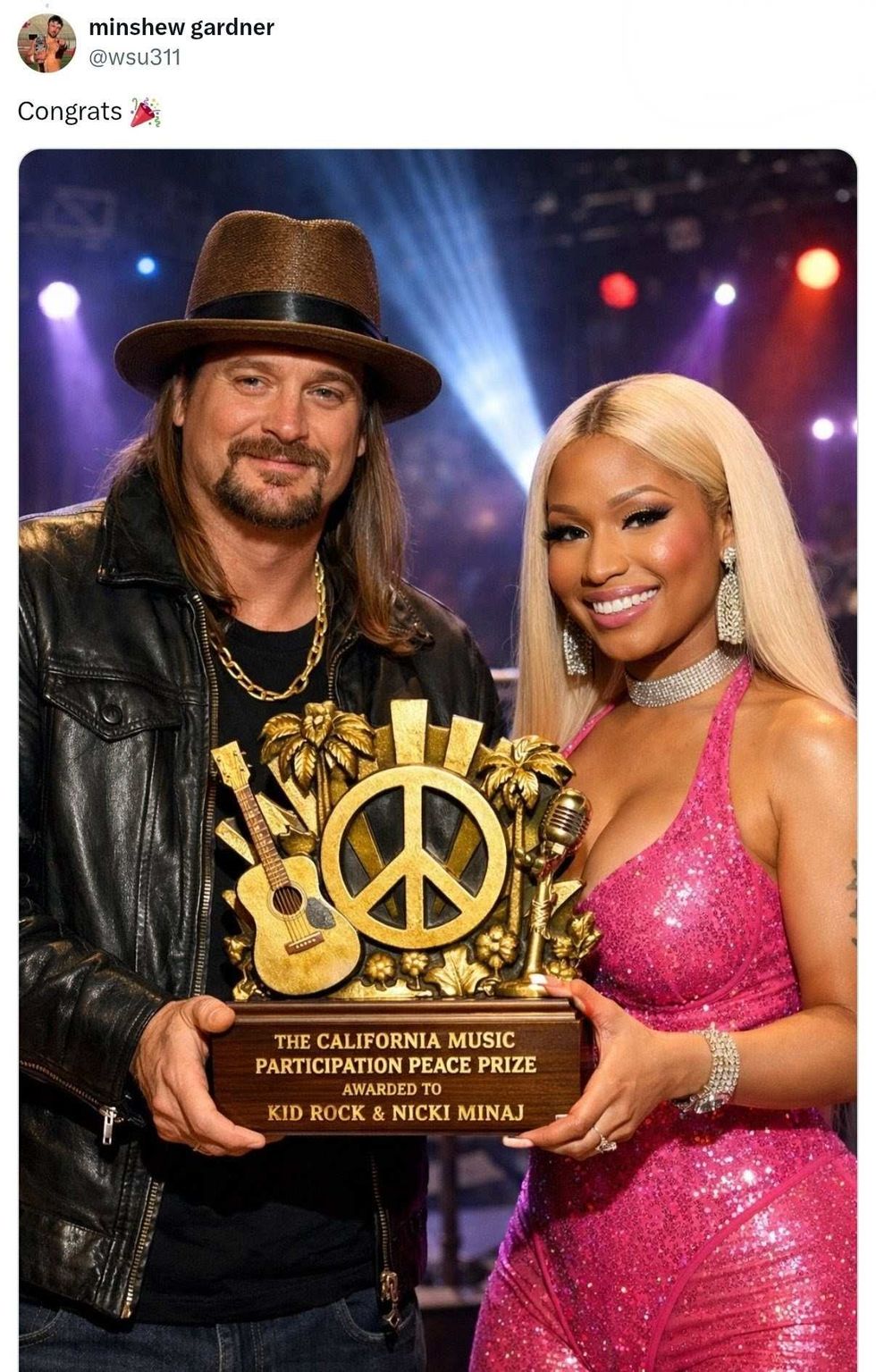 @wsu311/X
@wsu311/X Kevin Elmore/Facebook
Kevin Elmore/Facebook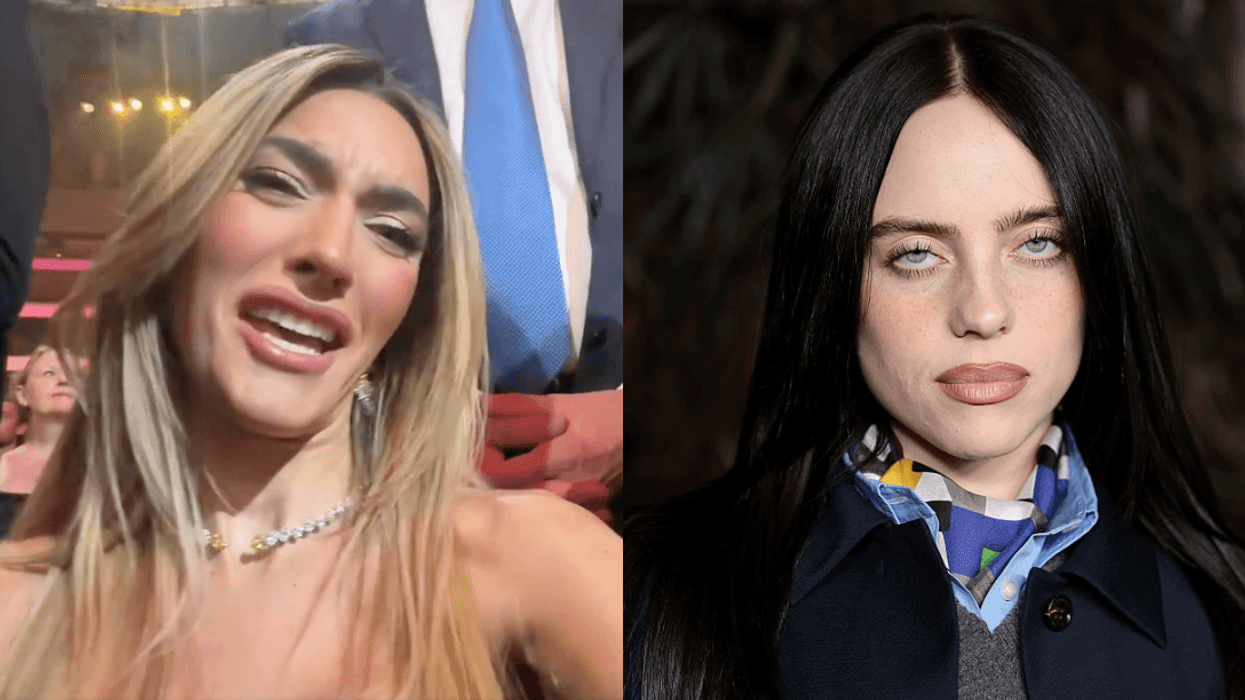
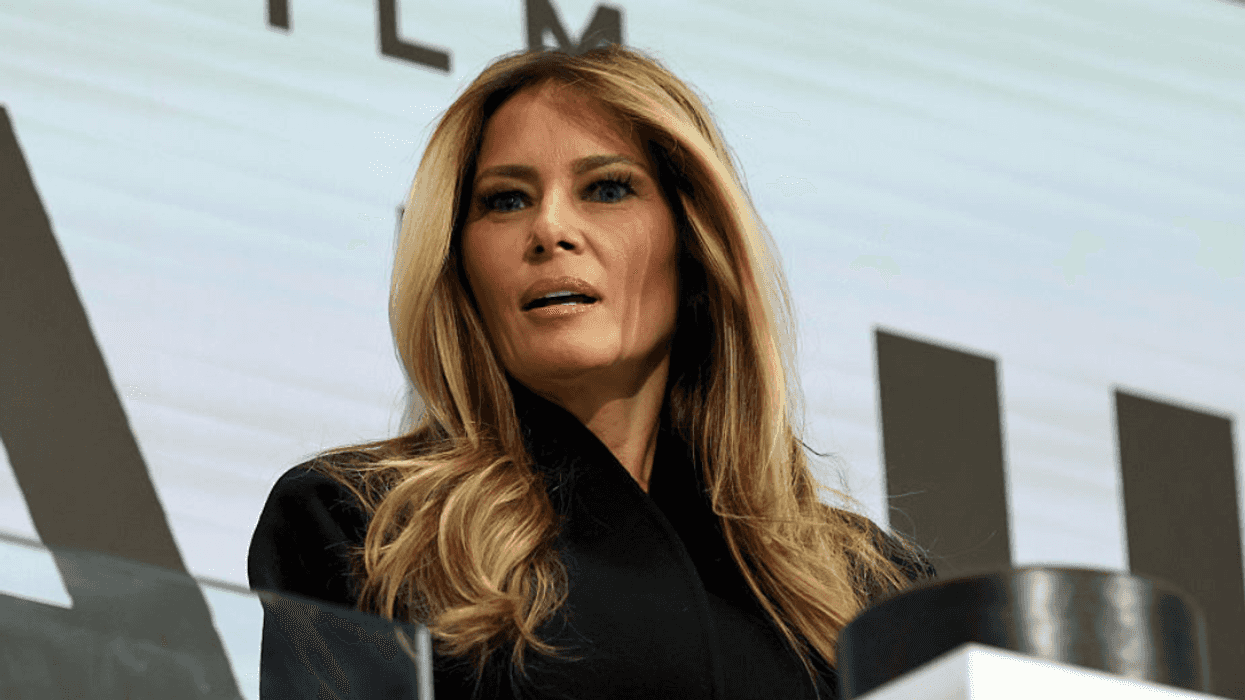
 @obamaatredrobin/X
@obamaatredrobin/X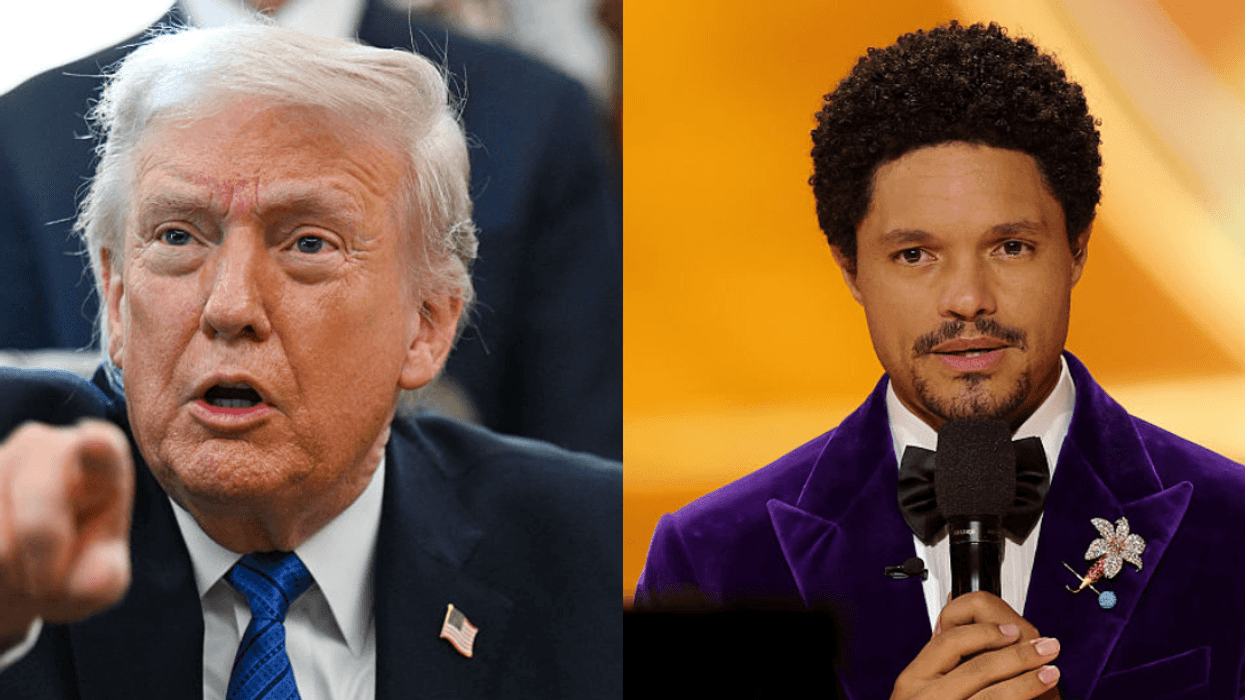
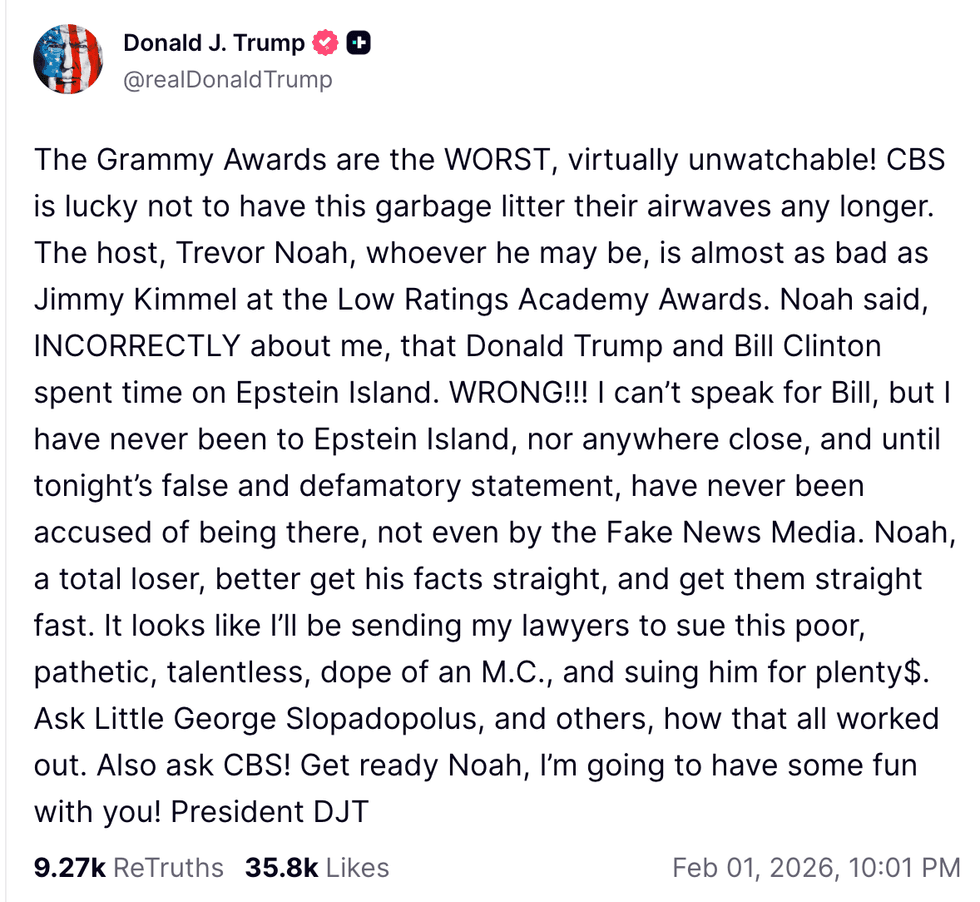 @realDonaldTrump/Truth Social
@realDonaldTrump/Truth Social